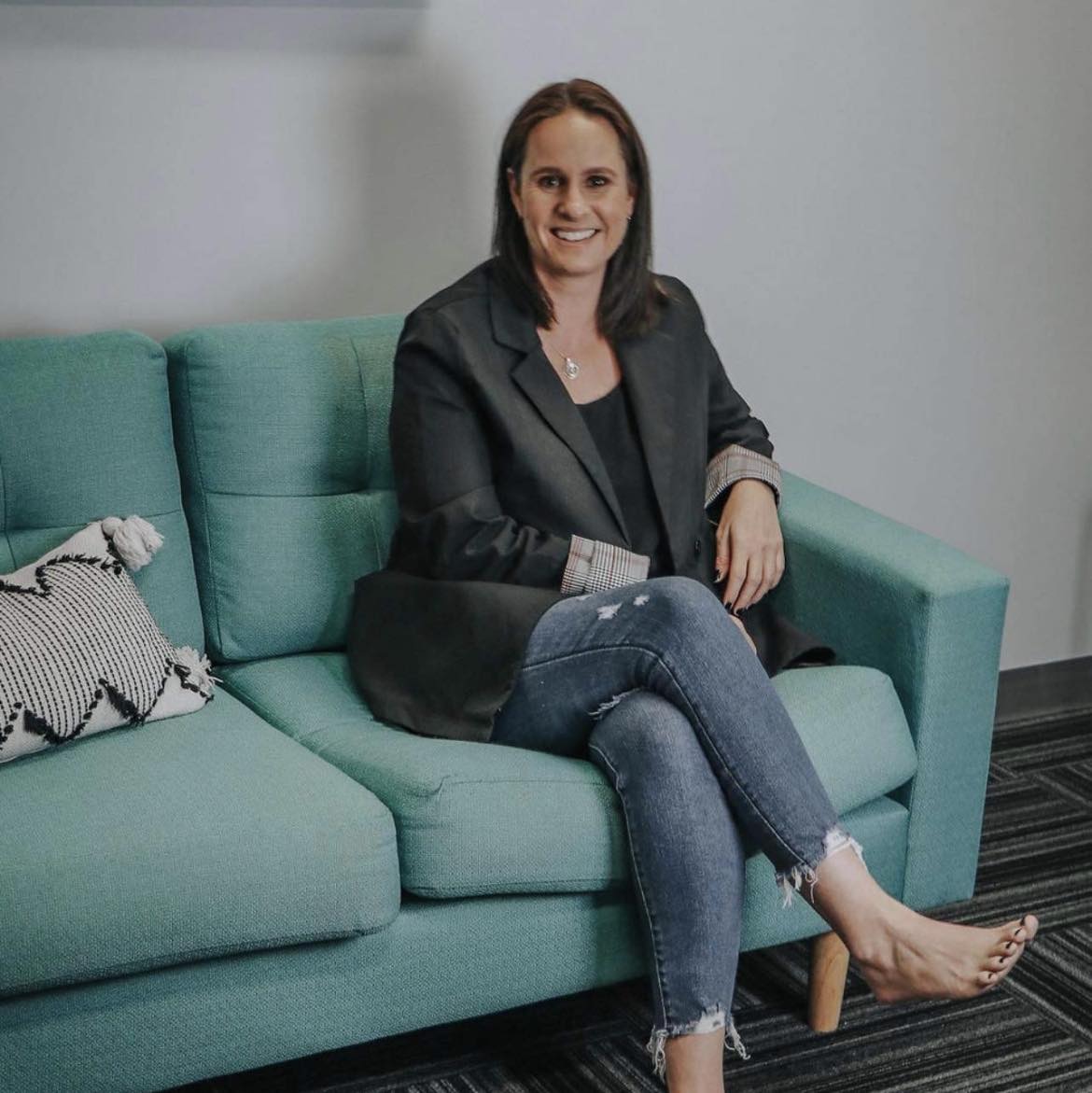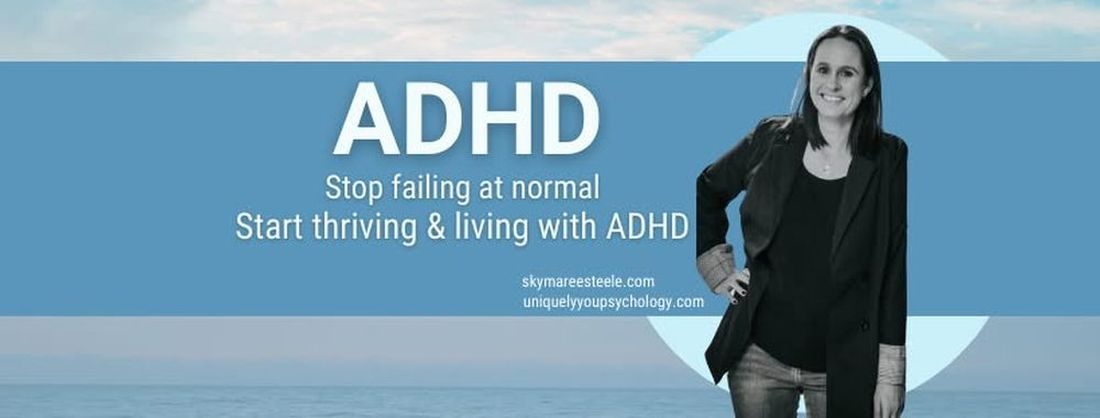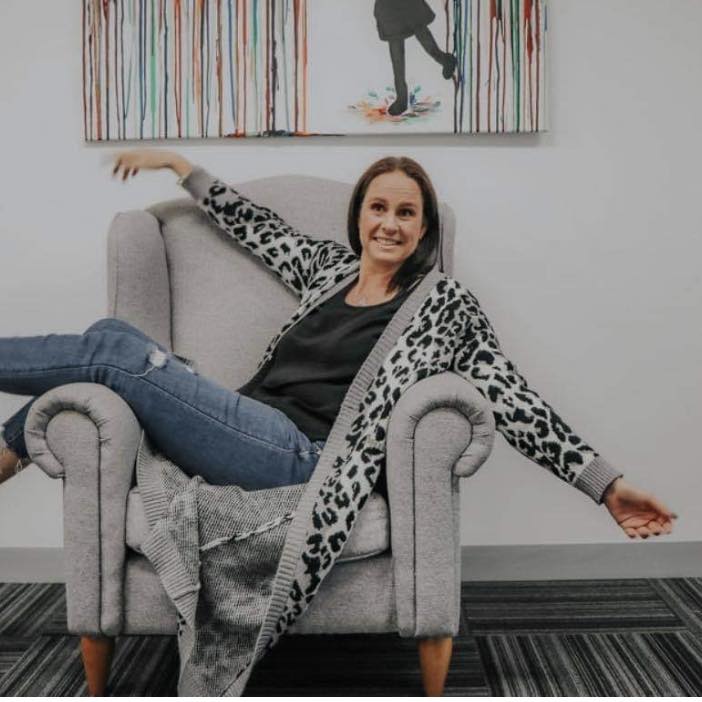Assessments: ADHD, Autism, IQ
For: Children, Adolescents, Adults
Ages: 6 – 89 years of age

Assessment Inquiries
Email: admin@uyps.com.au
WhatsApp: +61 404 077 179
Phone: 42573021
Fax: +61 425 618 83
Address: Level 1 / 151 Tongarra Road, Albion Park, NSW 2527
Uniquely You Psychology
Book Assessment – ADHD, Autism, IQ
How do I know where to start?
Getting a diagnosis of Autism, ADHD or learning disability or difficulty can feel overwhelming and confusing. You may not know where to start or what your choices are.
CHILD ASSESSMENTS
When assessing children a team approach is best. Having a psychologist, occupational therapist, speech therapist and psychiatrist and/or pediatrician working as a team is helpful. Let your psychologist know who your child’s team is so we can work together.
Our team of psychologists will work with you, your child and the school to gain an understanding of your child’s difficulties through clinical interview, checklists, screening and psychological testing.
We will spend some time getting to know your child and your areas of concern. As we start our assessment should we become concerned about other areas we will discuss this with you and assess if agreed upon.
ADULT ASSESSMENTS
Being assessed as an adult can often feel tricky and overwhelming. You may have seen other professionals in the past and have had prior testing. Allowing your psychologist access to any previous reports, letters or correspondence regarding your mental health is very helpful in making the most informed diagnosis.
Why would I need to be assessed?
When someone starts the journey of diagnosis it is generally the result of their emotional or behavioural issues impacting significantly on their life or the life of those around them. You may have noticed yourself (or your child) struggling with everyday things that appear “easier” for others.
Being assessed allows you to start understanding why you do the things you do, it gives you a context to explain your emotions and behaviours (rather than it becoming a self esteem issue). Once you have an understanding of how you function and why, you can learn new strategies that will support you to manage how you and your brain works.
Having a diagnosis can also help you in explaining to others why you do the things you do and how they can best support you.
For certain diagnoses you may also then be eligible for extra funding or support in school, study, work or in the community.
What’s the difference between a screener and a full assessment and which one should I do?
A screener is a great choice if you are uncertain and want to see if there are indicators of a diagnosis. It is less intensive and less costly. It is also helpful for people with less debilitating symptoms who would prefer to “know” if they have a diagnosis but are not interested in any formal diagnoses.
A screener can also be helpful if you are thinking there may be more than one diagnosis. ADHD and Autism screeners can be completed together to assess for comorbidity. Again your fees will be adjusted to compensate for your needs during the assessment.
At any time you can start with a screener in the assessment process and if warranted can continue with a full assessment (at no extra charge then the full assessment fee, you will not be charged twice).
You can discuss your needs with one of our psychologists to see what is best suited to you and your needs.
What do each of the tests do?
Autism Diagnostic Observation Schedule (ADOS)
The ADOS is a semi-structured, standardised assessment of communication, social interaction, and play or imaginative use of materials for individuals who have been referred because of possible autism.
Conner’s Adult ADHD Rating Scale (CAARS)
The CAARS is a set of easily administered self-report questionnaires and observer-rated instruments which has been designed to assess symptoms related to ADHD in adults including a range of behaviors, including:
- Inattention/Memory Problems
- Hyperactivity/Restlessness
- Impulsivity/Emotional Lability
- Problems With Self-Concept
Conners Comprehensive Behaviour Rating Scale
Conners CBRS is an instrument designed to give a complete overview of child and adolescent disorders in 6-18 year olds. It can assess the following concerns;
- ADHD
- Conduct Disorder
- Oppositional Defiant Disorder
- Major Depressive Episode
- Manic Episode
- Mixed Episode
- Generalized Anxiety Disorder
- Separation Anxiety Disorder
- Social Phobia
- Obsessive–Compulsive Disorder
- Autistic Disorder
The Diagnostic Interview for ADHD (Adults and Youth) 5th Edition
The DIVA is based on the DSM-IV criteria for ADHD and assesses the presence of ADHD symptoms in adulthood as well as childhood, the chronicity of these symptoms, and significant impairments due to these symptoms.
Vinelands Adaptive Behaviour Scale
This test is designed to assess people from birth to 90 years of age in areas of:
- Adaptive and functional skills of daily living
- Assist in diagnosing and classifying various developmental, learning, and behavioural disabilities and disorders
- Identify strengths and weaknesses
- Develop treatment plans and training goals
- Document and monitor progress over time
- Determine eligibility for services such as disability pension, and evaluate capacity to live or work independently
Wechsler Intelligence Scale for Children Australian and New Zealand Standardised, V (WISC-V A&NZ)
The WISC-V measures the intellectual ability of children from 6 to 16 years. It was developed to provide an overall measure of general cognitive ability, and also measures of intellectual functioning in Verbal Comprehension (VCI), Visual Spatial Index (VSI), Fluid Reasoning Index (FRI), Working Memory Index (WMI) and Processing Speed Index (PSI).
The Wechsler Adult Intelligence Scale | Fourth Edition (WAIS-IV)
The WAIS is designed to measure cognitive ability in individuals from age 16 years to 90 years, 11 months. It is the most frequently used measure of intelligence for adults and older adolescents.
What if I have more than one issue?
As humans we are often complex and as such you or your child may be experiencing more than one concern when contacting our service. Our goal is to work with you and/or your child to meet your needs. While the assessments and fees are stated above there is flexibility in the assessment and fees based on you or your child’s needs. This can be discussed at the time of your booking to ensure the best possible outcomes for you and/or your child.
Who will assess me?
We have a team who will work together to complete your assessment.
Sky Steele- Clinical Psychologist – Book Assessment
Naomie – Registered Psychologist – Book Assessment
Bethany – Clinical Psychologist Registra – Book Assessment
Chloe – Provisional Psychologist – Book Assessment
You may see more than one clinician during the assessment phase. Please be assured we are working together to provide the best service for you and/ or your child.
What if I can’t afford the full fee?
We understand assessments are expensive and not everyone can afford to pay the fee in full. Payment plans are available on request. Payment plans must be completed prior to release of results and report.
What happens during the assessment process?
During the assessment our psychologists will work with you, your family, school etc to ensure a thorough assessment is completed.
Once you decide to book an assessment you will receive an email confirming the assessment chosen, appointment dates and times, fees owed and any information you may need to provide to your assessing psychologist.
Any questions you may have throughout the process you can ask the team or your psychologist at the time of the appointment.
How long will the assessment take?
For screening approximately 2-3 weeks will be required for completion of the screener and to complete the report.
For a full assessment approximately 4-6 weeks will be required for completion of the assessment and to complete the report.
Times may vary depending on client availability for appointments, screeners and checklists being returned and clinician availability.
What happens once I get my results?
If you complete a screener you will be given a brief report and if you have completed a full assessment you will have access to both a comprehensive report and a feedback session with a psychologist to discuss your results, what they mean and what you can do moving forward to best support you and/ or your child.
You can also provide your report to the people or professionals in your life you think may benefit from understanding more about what is happening for you.
You may wish to access treatment and support from a psychologist, psychiatrist, occupational therapist, speech therapist or other clinician for ongoing support. We can discuss these needs with you and offer a list of services that may be able to support you.
What’s next?
- Access to our resource library
- Give yourself time to make sense of what your diagnosis means for you and your family
- Seek professional support to help you manage difficult symptoms and to help you understand your diagnosis
- Remind yourself not everything has to be done all at once
- You may want to talk with a professional about medication, therapy, funding supports available
- You may want to discuss with school, study or work places to ensure adequate support
- You may want to include your partner or family members in understanding your diagnosis and how they can help you


